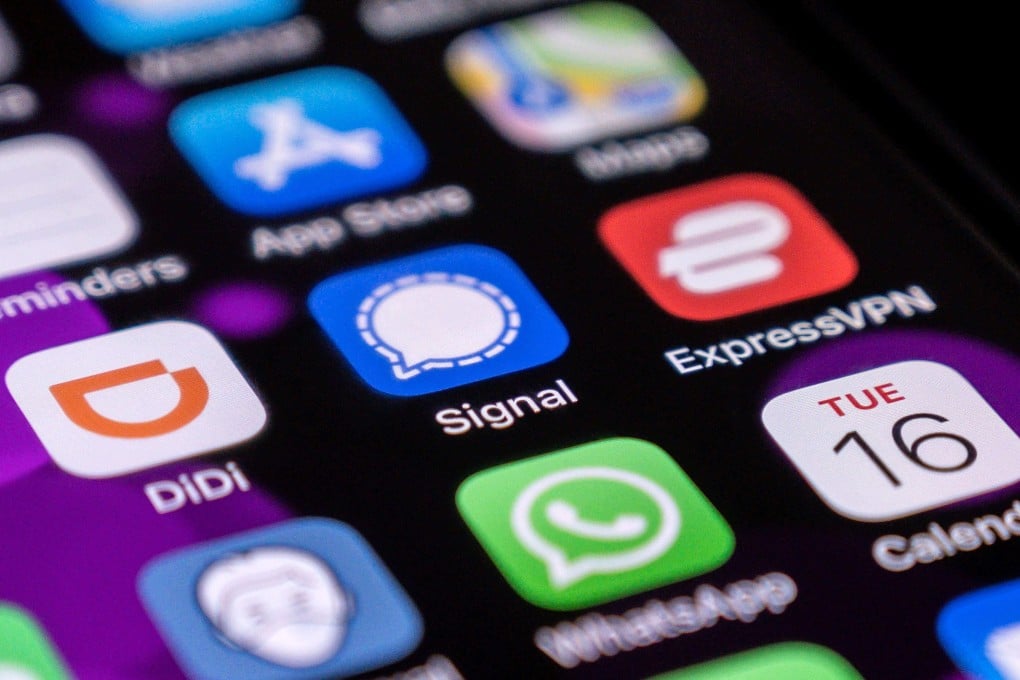China’s Great Firewall ensnares encrypted messaging app Signal, joining Facebook’s WhatsApp, Telegram among banned apps
- Before being blocked on Tuesday, Signal was the last major foreign messaging app that was still accessible in mainland China without a VPN
- The privacy-focused encrypted messaging app has seen growing popularity in China over the last year, but installs lag far behind those of competing services

Users of the secure messaging app Signal were unable to access the service in mainland China on Tuesday morning, making it the latest foreign social messaging service to fall victim to the country’s Great Firewall.
The app joins the likes of Facebook, Google, Twitter and many other popular services that are inaccessible in China without the use of a virtual private network (VPN) or another circumvention tool. Existing users can no longer send messages and aspiring users cannot sign up for a new account. The company’s website Signal.org is also blocked, although the app remains available in Apple’s iOS App Store for now.
Signal is widely regarded as one of the most secure messaging apps because of its open source end-to-end encryption protocol, which keeps third party services – even Signal itself – from seeing the content of messages. Facebook-owned WhatsApp started using the same protocol in 2015, but Signal goes further in its implementation, encrypting even metadata such as timestamps that show when messages were sent.
The strong encryption led many to speculate about when the app might finally be banned within China’s borders, but it outlasted many competing apps, including WhatsApp and Telegram. However, growing install numbers in the country last year may have helped put it on censors’ radar.
Signal, owned by the non-profit organisation Signal Technology Foundation, did not immediately respond to a request for comment.
